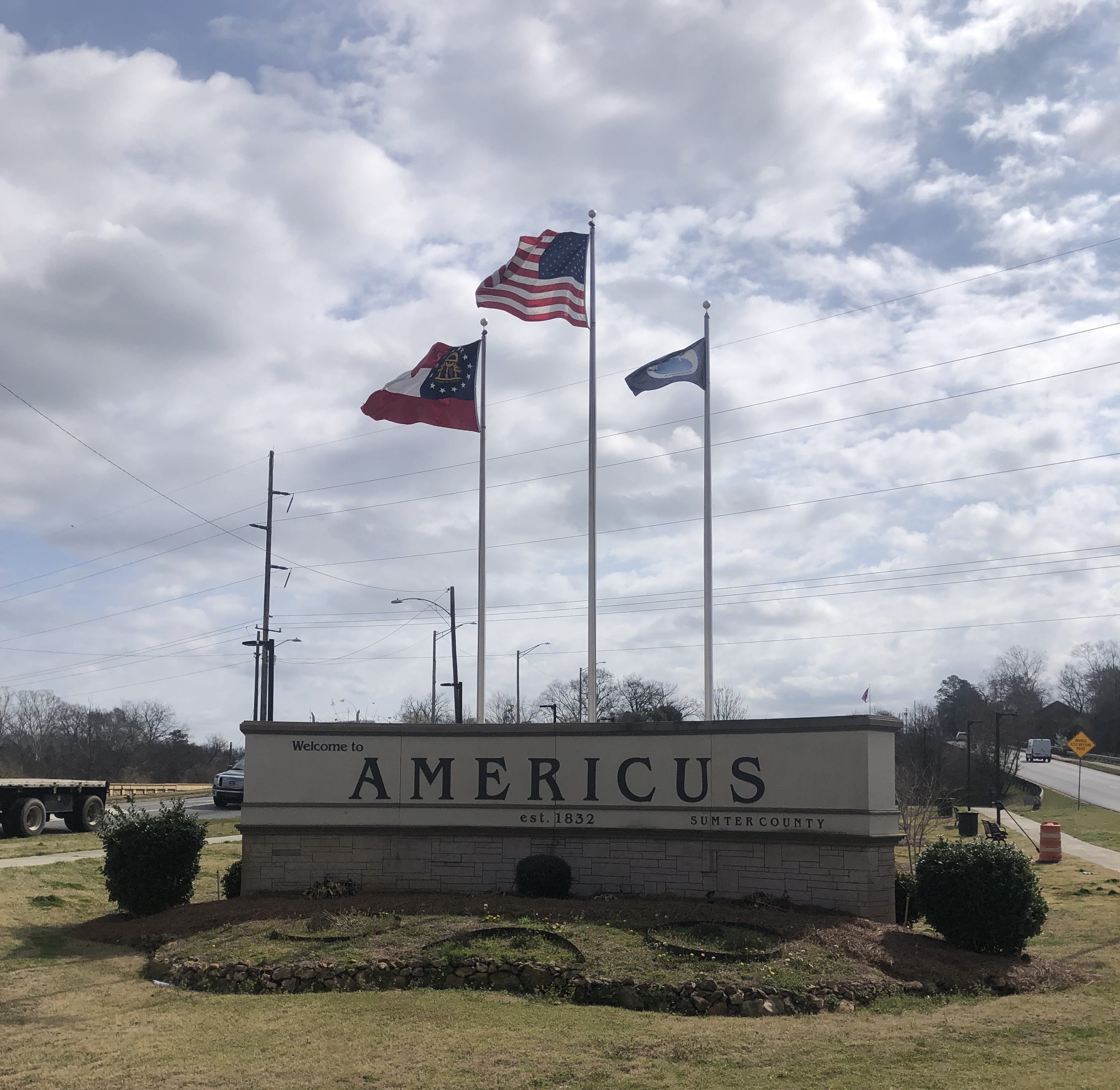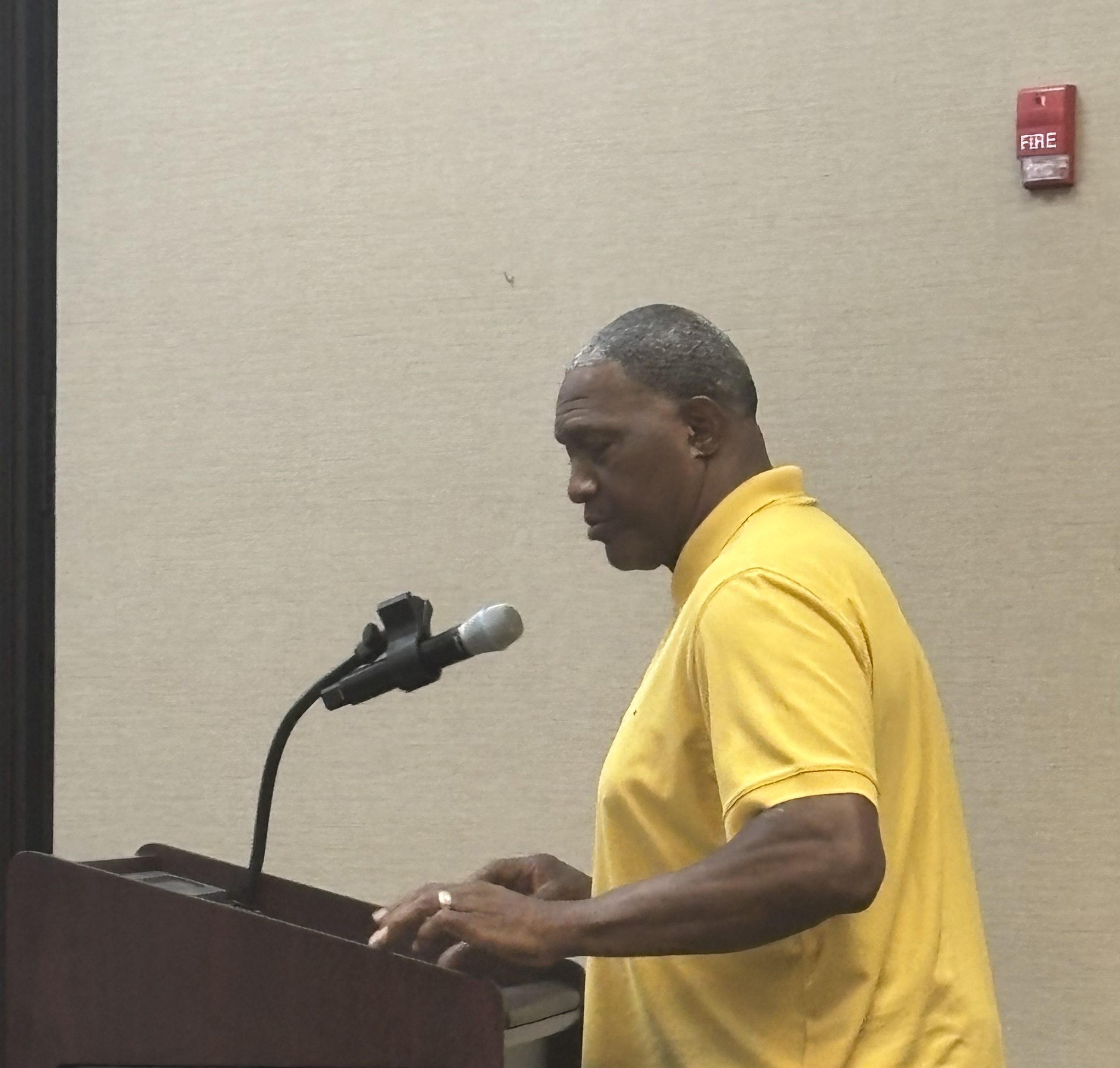David Hudson: Georgia 2018 Constitutional Amendments, Resolutions
Published 4:14 pm Tuesday, October 9, 2018
Constitutional Amendment 1: Designation of sales tax on sporting goods and services.
This amendment would authorize the General Assembly, for a period of 10 years, to designate 80 percent of sales taxes on sporting goods and services to be paid into the “Georgia Outdoor Stewardship Trust Fund” for purposes of preserving conservation land.
Analysis: The General Assembly has determined that this would be an appropriate use of this portion of the sales taxes collected on sporting goods and services, but it requires a constitutional amendment to authorize this special designation of tax receipts. The use of the funds for preserving conservation land is worthwhile. If the General Assembly has determined that state revenues are sufficient to designate these taxes for this purpose, then there is no conceptual reason to oppose this amendment. The counter argument would be that there are higher priorities for these funds — education, infrastructure, medical care, etc. By presenting this question to the voters, citizens can make that decision.
Constitutional Amendment 2: Establish a statewide business court.
Currently, all appellate and trial court judges in Georgia are elected. In practice, the governor appoints many of the judges, but then they must stand for election as they continue in office. The main change proposed in this amendment is that it would allow the governor to appoint judges for a “statewide business court” with statewide jurisdiction, and those judges will serve without having to stand for election.
Under existing law, Superior and State Courts are already establishing “business court” divisions. In Augusta, the State Court has set up a business division under presiding State Court Judge Patricia Booker. This is similar to how the Superior Courts have established divisions that deal with domestic relations, drug court, veterans court, etc. Furthermore, in complex business cases, presiding judges can currently refer those cases to Special Masters (retired judges or lawyers with experience and expertise in the area of dispute).
So, the question becomes whether the voters want to entrust the appointment power for new “business court” judges to the governor rather than have all of their trial court judges elected. Since the local courts already are able to establish a “business court” division presided over by local judges, should voters surrender the jurisdiction over business court matters to state appointed judges as opposed to locally elected judges?
Viewpoint: Since “business courts” can already be established locally and presided over by local judges, I do not favor surrendering this authority to state rather than local control.
Constitutional Amendment 3: To change taxation of forest land dedicated to conservation use.
This bill would allow the General Assembly to enact laws that would reduce the ad valorem tax on 200-acre or greater tracts of land that are placed under a covenant for conservation use. Any timber on the land would continue to be taxed without the benefit of the conservation covenant. The law further provides that the General Assembly may appropriate assistance grants to the local governments whose tax receipts will be reduced by having lower taxes on forest land placed under a conservation covenant.
Analysis: The question is whether this tax break is necessary for large tracts of timberland to be maintained in an undeveloped state by allowing the owners to pay lower ad valorem taxes. Since the standing timber is going to be taxed the same, regardless of any change in the law by this constitutional amendment, it is difficult to imagine why it is necessary to give a conservation tax break for these large tracts of land. If it is not necessary for some compelling purpose to give this tax break, it is questionable whether this one type of property should receive a reduced tax valuation as opposed to other types of real property: homes, factories, stores or farm land.
Constitutional Amendment 4: To establish rights of crime victims.
This amendment would provide that victims of crimes against a person or against property, if a felony, shall be afforded, upon request, notices of court proceedings, arrests, release on bail, escape, and to be heard by the court regarding release, pleas or sentencing. The amendment further provides that the General Assembly shall pass such laws as are necessary to afford these rights to crime victims.
Analysis: Affording these rights to crime victims, via a constitutional amendment, has no apparent downside. The amendment would give constitutional status to the beneficial effect of allowing crime victims to know how the judicial system is handling their matters, and even a right to be heard by the court at the sentencing stage of a case.
Constitutional Amendment 5: When a school may call for a referendum to change sales and use tax rates for public education.
There are some counties in Georgia where in addition to the countywide school system, there are independent public school districts within the county. This amendment would allow a school district, or a combination of school districts, that have the majority of the students enrolled within the county, to call for a referendum to be voted on by all county residents to impose sales and use taxes for educational purposes. This would be in the form of a school SPLOST to impose a 1 percent sales and use tax addition to be collected for a period of five years. The proceeds of taxes collected would be distributed between all of the public schools in the county by agreement, and if no agreement is reached, the tax proceeds would be divided according to the ratio of students enrolled in each school district within the county.
Analysis: It seems a fair proposition that the school district or districts with the most students should have the ability to initiate a vote within the county whether to impose an additional 1-cent school SPLOST.
Statewide Referendum A: Homestead exemption for residents in municipalities located in more than one county.
If approved by the voters, this would allow the use of a homestead exemption for homes in a locality that is located in more than one county. The city of Atlanta comes to mind as an example.
If the locality being located in more than one county is an impediment to the right to have a homestead exemption, then it seems fair that homeowners not be penalized simply because the boundaries of the municipality exist in two counties.
Referendum 2: Ad valorem exemption for homes for the mentally disabled.
Property owned and used by nonprofit entities in Georgia are not subject to ad valorem taxation. Examples would be churches, museums, parks, etc. In some instances, a nonprofit that owns a home for the mentally disabled will have a member of the nonprofit corporation board that is a financial institution that provides financing for the construction or renovation of the home. This referendum would allow legislation that preserves the tax exemption for the home for the mentally disabled even though a member of the company owning the home is a for-profit entity.
Analysis: This technical change should be approved so as not to disqualify a home for the mentally disabled from the ad valorem tax exemption it would otherwise receive.
David Hudson is chief counsel, Georgia Press Association.






